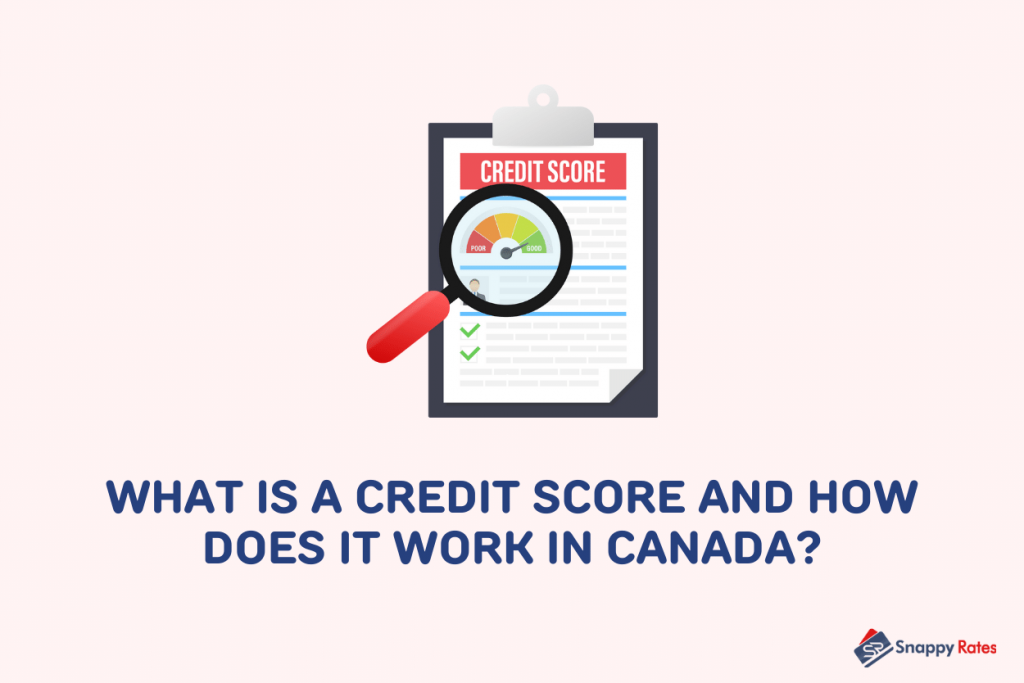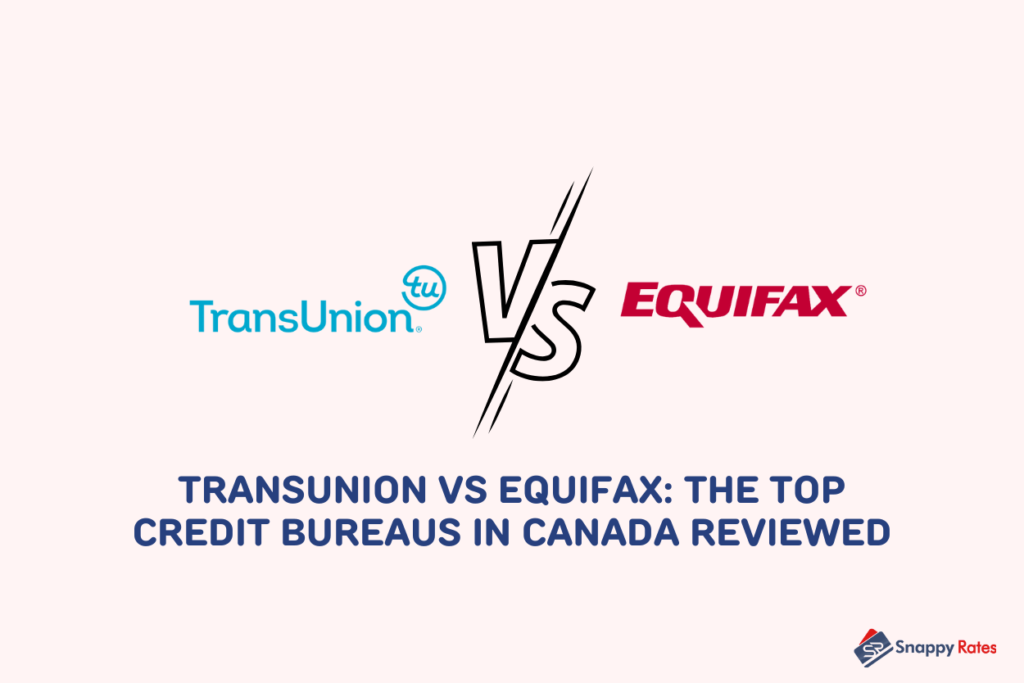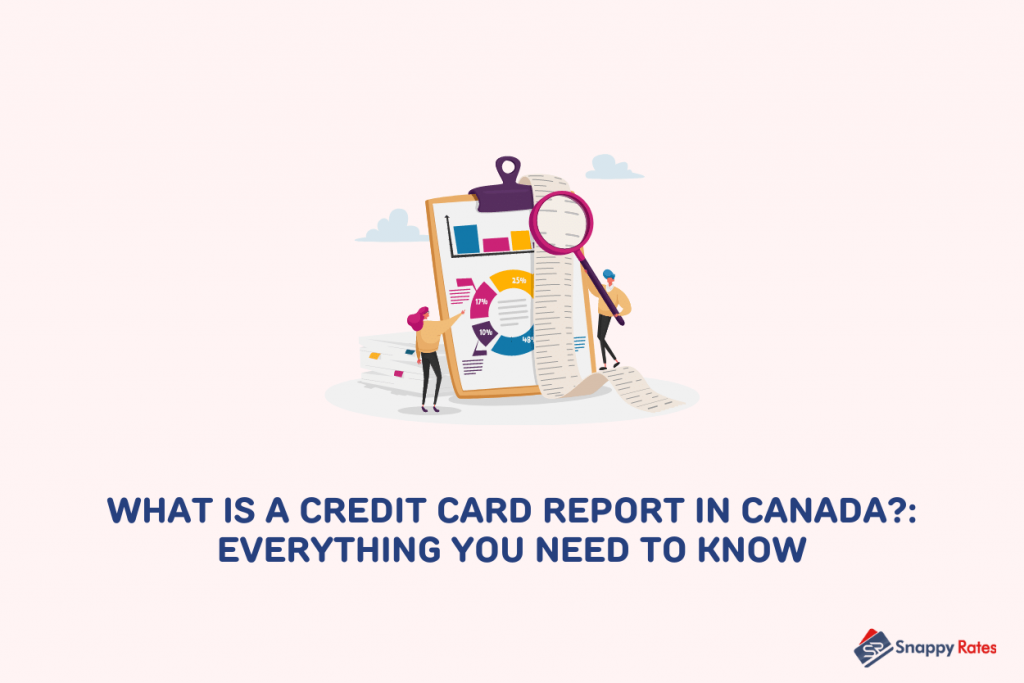Credit scores are calculated to assist financial risk managers in making informed decisions on whether to take a risk or not.
The risk may be giving a loan to a person or providing a credit card. Another risk is approving an apartment rental application.
Credit scores are calculated to predict the chances you will pay the bills as agreed.
What is a Credit Score?
In simple terms, your credit score is a number that is based on particular information on your credit report.
It is utilized by lenders to predict the chances that you will repay your future debt. The credit score changes quite frequently, and lenders interpret it differently.
What are Credit Score Ranges in Canada?
It is important to remember that there is no definitive model for what your credit score might mean to all creditors and lenders. Therefore, a range is developed so credit scores can be correctly interpreted.
Even with the range, lenders may interpret credit scores differently. For instance, one lender may consider a credit score of 760 good, while others may consider 780 a good score.
Similarly, another lender could consider 650 a poor score, while others may consider the poor credit score to be 300-400.
The interpretation of the credit score depends on the scoring model the lender uses. If you are keen to know what your credit score means, here are some general guidelines:
| Range | Meaning |
| Excellent (Scores 760+) | Those with credit scores of 760 or more are considered to have the best credit score. They enjoy the best interest rates in the market and get competitive loans as well. |
| Very Good (Scores 759 – 725) | Individuals having a score of 759-725 are considered near perfect. They also enjoy the best rates available in the market. |
| Good (Scores 724 – 660) | This range of 724-660 represents a good credit score. These individuals do not have any trouble getting approved for new credit cards. |
| Fair (Scores 659 – 560) | A credit score of 659-560 puts an individual at higher risk. It could be hard to obtain loans, and the bank may offer personal loans at higher interest rates even when approved. |
| Poor (Scores 559 – 300) | The credit score of 559-300 reflects that the consumer has trouble making payments on time. It could show that the consumer is in the process of building their credit history. |
How is a Credit Score Calculated?
The credit score in Canada is calculated using different elements. The credit score is calculated using payment history, credit utilization, credit history, types of credit, and credit inquiries.
Let’s start with payment history.
35% of your credit score is calculated from your payment history concerned with paying balances on time. This shows lenders whether you are a good borrower or not.
If you ever desire to increase your credit score, you can pay each credit card balance well before time without even waiting for the credit card statement to arrive.
After payment history, the score is calculated from credit utilization.
30% of your credit score is calculated from your monthly credit utilization given by various lenders. This may include mortgages, credit cards, and lines of credit.
For instance, you may use $2500 of your available monthly credit. This consists of a single credit card with a $5000 credit limit. The credit utilization rate is around 50%. The recommended credit utilization rate is less than 30%.
Then, the score is calculated from your credit history.
15% of your credit score is calculated from your credit history in Canada. This includes all the credit lines such as a mortgage, auto loans, student loans, and credit cards.
The average credit history is calculated to develop this score. Therefore, it is recommended that you keep an old credit card active to boost your average.
10% of your credit score is calculated from types of credit. The score comes from credit diversification, such as line of credit, mortgage, and credit cards. The lenders are reassured when you demonstrate robust management of finance.
The remaining 10% of your credit score is calculated from credit inquiries. Inquiries may include loans, credit cards, and other such elements.
A credit score is affected when you make a credit inquiry, and a few points are lost.
The points are recovered in some months if you maintain payment punctuality and follow the credit utilization rate.

How to Improve Your Credit Score in Canada?
Credit problems from your past may affect your current score.
It is understandable and happens with many individuals in Canada. You can still improve your credit score even if you have a bad credit score.
You can pay your bills on time. Even if you cannot pay your bills fully, ensure that you meet the minimum payment requirements.
It is recommended to watch out for your credit card balances regularly. Ensure that you are not using too much of your available credit score.
It is also important not to mindlessly open new credit card accounts. Even if you are applying for new cards, ensure that you do not do it frequently.
When you apply for new cards consistently, this behaviour may look irresponsible to the creditors.
Whenever you intend to move, you should alert card companies and banks. You do not want to see your bills unpaid because the mail was delivered to the incorrect address.
To improve your credit score, it is recommended to check your accounts regularly.
It is a bad practice to wait for bills to come in the mail. You should ensure that payments are cleared and that all of your cards are being kept current.
Always check for inaccuracies. It is quite possible that information reported to credit reporting agencies is not entirely accurate.
You can easily dispute these inaccuracies through credit reporting agencies.
Also, remember that credit bureaus are just like messengers. It is up to you to let them know that your creditors have filed inaccurate information.
The Average Credit Score in Canada by Age
According to one of Canada’s major credit bureaus, the average credit score from a decade ago has fallen in every age bracket except for Generation Z (18-25 years of age).
People in the youngest age bracket of 18-25 have a credit score of 692, while the oldest (65+) have a credit score of more than 740.
The data also shows that as age increases, so does the average credit score number.
| Age | Average Credit Score |
| 18 -25 | 692 |
| 26 – 35 | ~697 |
| 36 – 45 | ~710 |
| 46 – 55 | ~718 |
| 56 – 65 | ~737 |
| 65+ | ~750 |
The above table reflects that it takes years to build credit. With time, you develop a credit profile with different financial products, and your credit history improves.
Therefore, it perfectly makes sense that credit score increases with age. On average, Canadians have a credit score of 660, which is a good credit score.
How to Check Your Credit Score?
Credit scores are calculated by using the content of your credit reports.
These credit scores are also known as educational scores. It means the scores are given for your awareness, but they may not be the scores that lenders use.
The two main credit bureaus in Canada, TransUnion, and Equifax, use different models for credit scoring.
They use different components of credit data to calculate your credit scores.
The credit scores given by nationwide bureaus differ because lenders report data to one, both, or none of them.
When creditors and lenders use extra information, they determine whether to give you credit or not.
Here are some simple ways to check your credit score:
- Buy a credit score check: You can buy credit scores from the Canadian credit bureau. Both TransUnion and Equifax give you credit scores for a simple fee. They can also be purchased online, by mail, or in person. The credit score that each credit bureau provides is the proprietary score of the bureau.
- Credit Union or Bank: Some credit unions and banks offer customers credit scores free through mobile apps and online banking sites. It is important to remember that what the credit union or banks show the customers may not be the exact same score they use to make leading or other decisions. Getting a credit score through a credit union or bank usually refers to the company or bureau that has given the score.
- Other Sources: You can get credit scores from other sources. You can use free credit scoring sites or help from other organizations that provide free credit scores to registered people. These people get a no-obligation loan offer or credit offer.
What is a Credit Report?
What is the difference between a credit report and a score?
A credit score refers to your creditworthiness, while the report gives a complete picture of your financial history. It is one of the prominent tools used by lenders to determine whether to provide you with credit or not.
Your credit report contains key information like your social insurance number and address.
The report includes payment history with creditors, records of bankruptcies, court judgments that may affect your credit history, people who are authorized to see your credit, and other collections or banking information.
All Canadians can acquire one free credit report or consumer disclosure annually from TransUnion or Equifax.
If you do not want to wait a year, you can get your credit score anytime from Borrowell.
When you receive your credit report and discover inaccuracies or fraud, you can dispute the report with the credit bureau.
What is a Credit Rating?
You may have seen credit ratings listed by many credit reporting agencies.
Credit rating is an individual rating of your credit history’s items concerning the type of credit used. It also refers to how quickly the payments are made.
The credit rating for each item on your credit history is shown on a scale of 1-9.
One means you paid your bill within 30 days, while nine shows that you never paid your bill. Nine also refers that you may have a debt repayment proposal with your lender.
You will see a letter assigned to each credit rating with the number. The letter concerns the type of credit that is used.
The letter I is for installment, such as a loan, O is for an open loan, such as a student loan; and R is for revolving, which may refer to a credit card.
The TakeAway
A credit score is an integral part of your life if you live in Canada. Our guide shows you how credit score works and ways to improve them.
A good credit score is one of the best things you can desire in Canada. Regardless of your age group, a good credit score benefits all individuals.
A good credit score can help you get the products you need, but it also helps to save money on interest. The saved money can be quite useful later in life.
Therefore, for your financial well-being, it is important to start developing a healthy and good credit score early in your life and maintain the score over the years.
Related: Here are some of the best credit cards in Canada.


